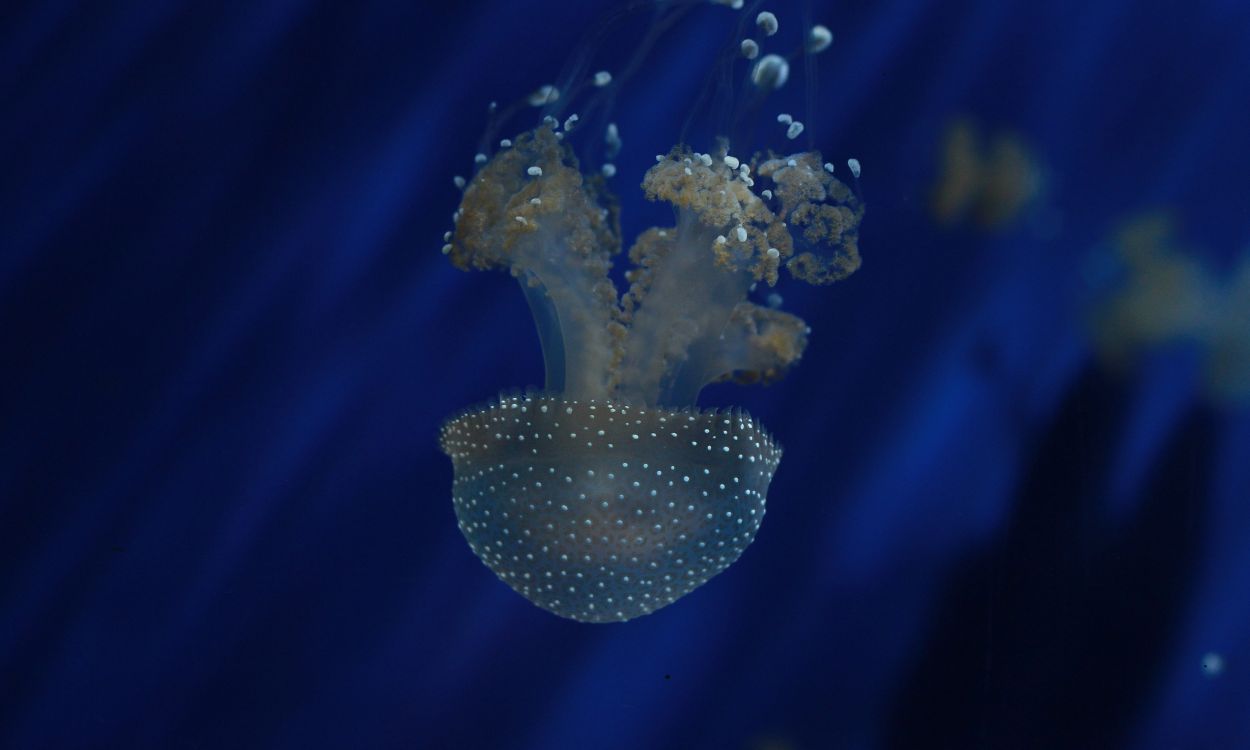Jellyfish and Marine Animal Bites: First Aid Guidelines for a Safe Beach Experience
Are you planning a beach vacation? While the sun, sand, and waves can be a lot of fun, it’s important to be aware of the potential dangers of marine animals. Jellyfish, sea urchins, and other creatures can cause painful bites and stings that can ruin your day. But don’t worry, with the right knowledge and preparation, you can enjoy a safe and fun beach experience.
First Aid Guidelines for Jellyfish Stings:
Jellyfish stings are a common occurrence at the beach. If you get stung by a jellyfish, follow these first aid guidelines:
- Rinse the affected area with vinegar for at least 30 seconds. Vinegar can help neutralize the toxins in the jellyfish sting.
- Remove any tentacles that are still attached to the skin. Use tweezers or a credit card to gently scrape them off.
- Soak the affected area in hot water (as hot as you can tolerate) for 20-45 minutes. This can help relieve pain and reduce swelling.
- Apply a topical cream or ointment to the affected area to help relieve pain and itching.
- Seek medical attention if the sting is severe or if you experience symptoms such as difficulty breathing, chest pain, or nausea.
First Aid Guidelines for Sea Urchin Stings:
Sea urchins are spiny creatures that can cause painful stings if you step on them. If you get stung by a sea urchin, follow these first aid guidelines:
- Remove any spines that are still embedded in the skin. Use tweezers or a sterilized needle to gently pull them out.
- Soak the affected area in hot water (as hot as you can tolerate) for 20-45 minutes. This can help relieve pain and reduce swelling.
- Apply a topical cream or ointment to the affected area to help relieve pain and itching.
- Seek medical attention if the sting is severe or if you experience symptoms such as difficulty breathing, chest pain, or nausea.
Prevention Tips:
The best way to avoid jellyfish and sea urchin stings is to take preventive measures. Here are some tips to keep in mind:
- Check the beach conditions before you go. If there are reports of jellyfish or other dangerous marine animals, consider going to a different beach.
- Wear protective clothing such as a wetsuit or rash guard to reduce the risk of stings.
- Avoid swimming in areas where jellyfish or sea urchins are known to be present.
- Be careful when walking on rocks or coral reefs, as sea urchins may be hiding in crevices.
- Always swim with a buddy and keep an eye out for each other.
Conclusion:
By following these first aid guidelines and prevention tips, you can enjoy a safe and fun beach experience. Remember to always be aware of your surroundings and take precautions to avoid dangerous marine animals. And if you do get stung, don’t panic – just follow the steps outlined above and seek medical attention if necessary. For more health and fitness tips, download the Fitpaa app today and start your journey towards a healthier, happier you!











